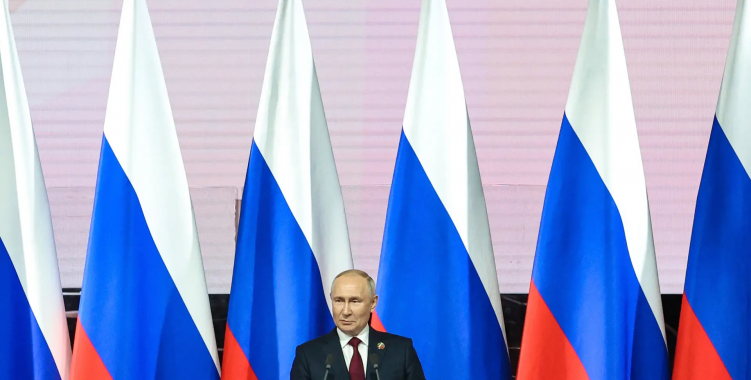For Cedesa, it is clear, after the last coup d'état, which took place last week in Niger, yet another country in the Shael region, that there is "an almost continuous line from east to west of Africa where a ' Russian belt'".
"In practice, Chad still needs to fall, where the French influence is great, but the instability and the existence of guerrilla groups is already being noticed", stresses the group of academics created by the Angola Research Network.
Thus, it will not be long before that country is completely surrounded, because in the north, in Libya, there is "a strong presence" of the private Russian group Wagner, as in the south border in the Central African Republic, to the west is Niger and East Sudan.
"It can be anticipated that Chad is surrounded and will soon be able to complete the 'Russian belt'", advances Cedesa.
Faced with this 'Russian belt' under construction in the African Sahel zone, academics point out its main consequences both globally and for Angola.
"Angola was traditionally a Russian ally, one of the main ones in Africa, but "it is no longer", underline the academics.
And the current President, João Lourenço, tries to place the country as a regional power close to the West and with good relations with China and Russia, but trying to solve African problems in Africa.
For this reason, for the group of academics "it is clear that the creation of the 'Russian belt' raises major obstacles to this desire of Angola".
"With a strong Russia in intermediation between North and South Africa, Angola's role as a regional power is emptied, and everything comes back to the clashes of the Cold War, now renewed", they emphasize.
Therefore, they argue: "the 'Russian belt' clashes directly with Angola's prospective regional interests and with its desire for peace and stability on the continent".
After João Lourenço's promotion of constitutional normality, and condemning all non-constitutional changes in Africa, the fact is that "the changes promoted by Russia are non-constitutional, based on coups de force promoted by the military".
Faced with this scenario under construction, Angola faces yet another problem: "Directly, the stability and national security of Angola would be threatened if there were any type of intervention in the Democratic Republic of Congo that would agitate the country even more than it already is", since borders Angola.
Thus, they conclude, Angola "should not be seeing with good eyes the enlargement of the 'Russian belt' in the Sahel", despite the cordial relations it maintains with the Kremlin.
At a global level, the first consequence pointed out in Cedesa's analysis "is the political reaffirmation of Russia".
"The country demonstrates that it knows how to globalize a dispute, not placing it only in Ukraine, but globalizing it, gathering a set of supports that may seem weak individually, but together reach extreme strategic relevance, already calling into question the French influence in the region" , defends Cedesa.
And "the big loser is France", with Russia still being able, in the opinion of academics, to project other losses and other strategic and economic gains.
In strategic terms, it is known that the Sahel zone has a strong and direct strategic importance for Europe in the fight against terrorism and migration.
Thus, "from now on, Russia has a pressure valve in relation to the European Union in terms of terrorism and migration, being able, in practice, to increase or decrease migratory flows from Africa to European coasts", stresses Cedesa .







